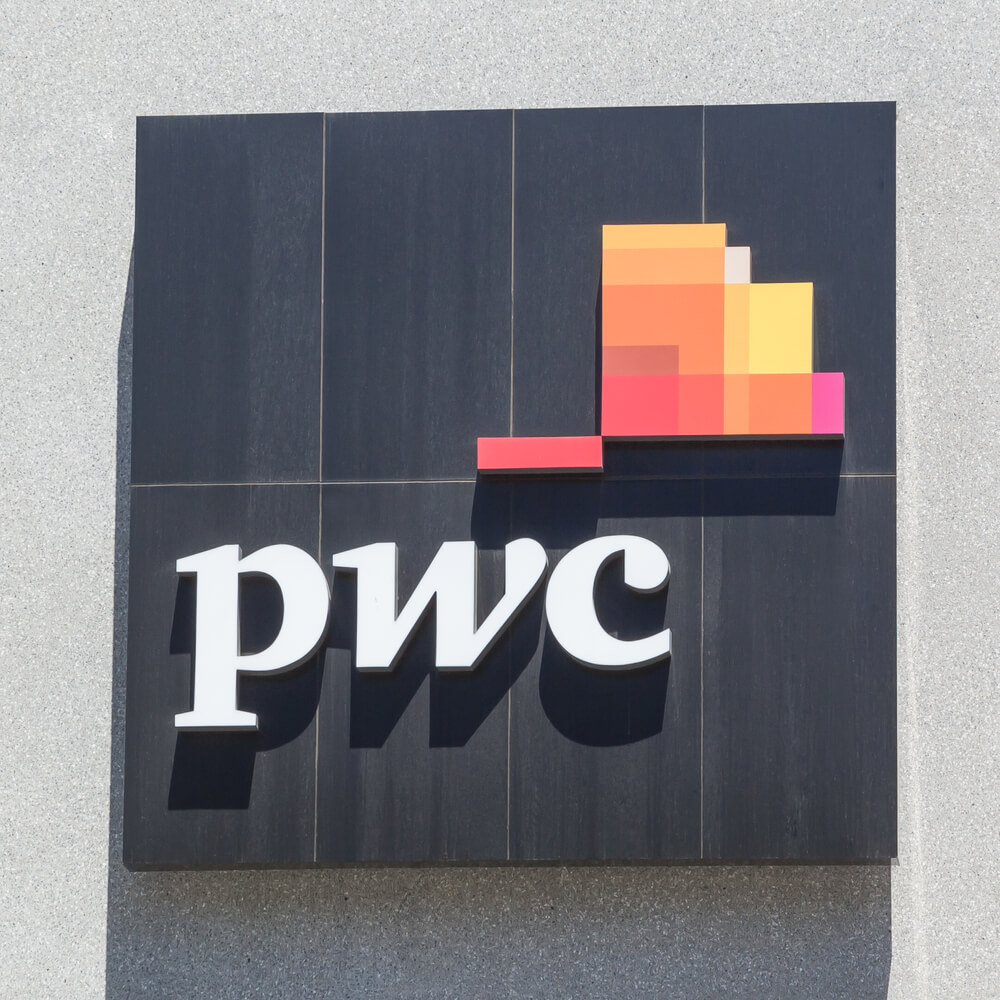At Venus Capital, their firm focuses on well collateralized direct lending to small and medium enterprises (SMEs) in India with low loan to values and other safeguards to help protect the return of capital. Among their diverse range of clients include corporate pension funds, family offices and sovereign funds in US and Europe. Throughout their time, the company has advised private funds invested in a variety of asset classes focused on India including its current offering of a direct lending fund. Today, Venus Capital remains at the forefront of sourcing, developing and executing different approaches for investors.
“The firm runs the Venus India Structured Finance Fund, which has invested through a tax efficient structure through Mauritius, into an operating company in India that makes loans to SMEs,” says Mehrotra. “We manage investment risks by making all decisions through a four member investment committee, which has to approve loans on a unanimous basis.”
When asked about how their company has risen from the ranks to become leaders in their industry, Mehrotra believes that this is primarily due to the long-standing relationships they have built. “Since our inception over 20 years ago, we have developed a relationship-based ecosystem that includes brokers, analysts, fund managers and independent investors – all of whom are invaluable in assisting us in identifying, sourcing, and analysing investment opportunities,” says Mehrotra. “A combination of unique insight and application of sound ideas helps Venus Capital in capitalizing upon the dynamic growth in India and related emerging markets.”
It is this desire to build and maintain relationships that is at the heart of everything Venus Capital do, and has been a key contributor to their investment strategy. As Mehrotra outlines: “Our biggest asset is our deep network of on-the-ground contacts who constantly work with us in assessing and evaluating both risk and opportunities. Local execution is the key. Though we have a global presence, it is the local intelligence to judge the creditworthiness and intention of a borrower that matters the most. We have developed a network of relationships that gets us the qualitative information on a borrower to make the right decision.”
As for their team, Venus Capital has a very selective process when it comes to choosing their staff. The CEO of Venus India Asset Finance,who they hired in July 2015, comes from the largest private bank in India and handled a credit portfolio of $2B during that time. The company’s board selects key people like the analysts, compliance and legal, while many operational hires are left to the CEO to decide. Similarly, a high level of research and analysis is undertaken when deciding whether to work with a client. “For us, lending is always about the behaviour of the client, especially during trying circumstances and the intentions at the time of borrowing. Moreover, no balance sheet can provide the whole story about a particular client. Hence, we have developed the network of people in the financial and banking community, who are able to obtain the necessary information to verify the credibility of the borrower.”
In terms of the ethos of Venus Capital, corporate social responsibility is of paramount importance to the company, where they are heavily involved with a number of organisations dedicated to developing communities and improving the lives of vulnerable people. “We firmly believe in giving back to the community in which we live and work, and take great pride in helping a highly diverse range of charitable organizations,” says Mehrotra. “For example, we support IIMPACT, which provides educational opportunities to girls aged 6 to 14 years from socially and economically disadvantaged communities in India who traditionally have had no access to schooling. Their aim is to break the cycle of illiteracy that girls from such communities are mired in. This is done through local community based learning centers where they are provided meaningful and stimulating education to guide their entry into formal schooling. These are just one of the many organisations that Venus Capital takes tremendous pride in sponsoring.”
As a company immersed in the Indian market, there are number of challenges and opportunities that are specific to their region. “From our experience, it is always important to keep the costs low for a borrower,” says Mehrotra. “With the Indian government’s risk-free rate for a ten-year treasury currently running at around 8%, a small and medium enterprise borrower ends up borrowing at 16.5% approximately. As a result, it is important to have low cost funds and still make a good spread over it. “As mentioned earlier, our collaborative approach helps keep Venus up to date with the latest local information,” added Mehrotra.
“Our management and analysts stay ahead of emerging trends in the industry by operating customised technology to monitor interest and principal payments. Furthermore, we subscribe to industry and economic databases and services, such as Bloomberg, for collecting quantitative data. The most important thing is to collect qualitative data to know the intention of the borrower, in order to stay ahead of the market. The key is to create innovative customized solutions in an efficient, fast and nimble manner.”
In looking closer at their investment strategy, Mehrotra believes that there are a number of aspects which help them differentiate themselves from their peers, particularly in the level of care and consideration that goes into their strategy. “We feel our approach to investing in India through direct lending is a prudent one, particularly when you consider that our typical loan has a loan to value ratio of 33-40%. If an investor has the potential to achieve returns approximating those of a private equity investment with risks more reflective of a senior secured lender, why would the investor accept the increased risk of private equity investment?”
In spite of their success, Venus has had to overcome a number of obstacles to reach the heights that they have achieved today. When asked about their biggest challenge at present, Mehrotra believes that this is the appreciation of the USD against emerging market currencies. “Although the Indian Rupee has fared better against GBP and the Euro, it has declined slightly against the USD in last 12 months,” Mehrotra explains. “The Indian Rupee has done relatively well compared with other emerging market currencies. In the short term, it is a function of money flows into India but commodity deflation is helping Indian currency as import bill has gone down. Venus occasionally hedges against the decline in Indian Rupee, if macro fundamentals are looking bad and its models predict a slowdown of investment flows into the country.
“However despite these challenges there are a number of opportunities inherent in working in this market,” added Mehrotra. “The opportunity to be a shadow lender in India emerges from the fact that there is a tremendous need for growth capital and commercial banks are restricted in many ways to fulfil that need. Banks are not nimble and flexible enough to understand the needs of the small and medium enterprise borrower. After the credit crises of 2008, they have mostly focused on the larger borrowers, leaving opportunities to work with smaller borrowers. This asset class offers a better risk adjusted return in India. Eventually, the plan is to take the operating company public in India, giving equity investors an exit, assuming favourable operating results, market conditions, and other contingencies, of course.”
Looking further ahead into 2016 and beyond, Mehrotra believes that their company will continue to ride the waves of success. “There are a number of areas into which Venus can grow, and will provide us with a fresh set of opportunities. We are currently evaluating on whether we should enter the housing finance and purchase of non-performing assets business in India. Furthermore, banks are being told by central banker to clean up their balance sheets and both of these areas have good opportunities which will keep Venus busy for the foreseeable future.”
Company: Venus Capital Management, Inc.
Name: Vik Mehrotra
Email: [email protected]
Web Address: www.venuscapital.com
Address: 99 Summer Street, Suite M100, Boston, MA 02110
Telephone: +1-617-423-1901



























